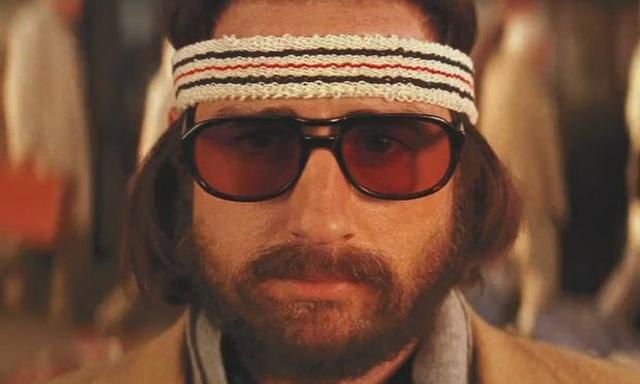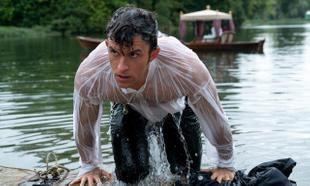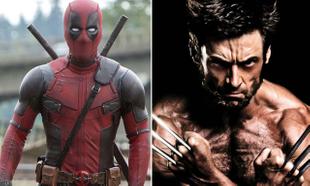With Grand Budapest Hotel already scoring well with both critics and cinema audiences, we thought we'd run down some of Wes Anderson's best scenes from his previous work. Check it out...
5. THE ROYAL TENNENBAUMS - "I'm not talkin' about dance lessons..."
Wes Anderson has a fine ear for choosing the right music for each and every scene. In some cases, the music acts as a second dialogue. Other times, it simply hangs in the background and adds to the overall mood. One thing is certain - his choices have always been exquisite. The Royal Tennenbaums was Anderson's first mainstream hit and casting heavyweight Gene Hackman as the patriarch of the dysfunctional New York family was inspired. Hackman's gruff charm and distinctive quality fits so perfectly into Anderson's altered reality that it's almost as if Hackman was born to star in a Wes Anderson film. This scene shows Royal Tennenbaum reconnecting with his grandsons to the music of Paul Simon's "Me And Julio (Down By The Schoolyard)".
4. THE LIFE AQUATIC WITH STEVE ZISSOU - "I wonder if he remembers me?"
Again, like all Wes Anderson films, there's one undeniable moment where the music transposes so perfectly with the film that it's almost as if the piece was written specifically for that scene. Anderson has rarely, if ever, used music specifically written for his films - instead preferring to use already existing pieces for his film. The Life Aquatic uses some original pieces, or rather covers from a Portuguese folk guitarist called Seu Jorge who has a small role in the film. However, the crowning moment of Life Aquatic is when they finally sight the Jaguar Shark and Staralfur by Sigur Ros comes up. Murray looks at the Jaguar Shark, the personification of his ambition, as it swims over his weird-looking submarine. It's a touching moment in an underrated film.
3. RUSHMORE - "Did someone say my name?"
A common trait throughout Wes Anderson's work is the central character's ambition being limited by their own abilities. Steve Zissou's grating personality brings him into constant conflict with everyone around him, Royal Tennenbaum pits his family against one another and Max Fleischer tries to control every aspect of his life around him. Rushmore was Anderson's second film and was Jason Schwarztman's first acting role. Schwarztman leads the cast as Max Flesicher, who is interested in a huge range of extra-curricular activities but is, in reality, actually quite dim. The film showcases Anderson's unique aesthetic and his razor-sharp dialogue. Granted, nobody speaks like any of these people in real life but it's fun to hear.
2. MOONRISE KINGDOM - "What kind of bird are you?"
A hallmark of Wes Anderson's films are their inherent innocence. Because they're so disconnected from reality, it's almost as if they're taken from a child's perspective. With Moonrise Kingdom, he centred an entire film around two young oddball children who decide to run away from their perspective families - his, a Boy Scout group and hers, a New England law family - and live in the woods. Moonrise Kingdom was a mixture of endearing innocence and the creeping sense that more was going on that what they, and the audience, were being let in on. It perfectly caught the feeling of knowing something's wrong, but being powerless to do anything about it. This scene shows the first time precocious Max Schucusky meets Suzy, after which he resolves to run away with her.
1. THE ROYAL TENNENBAUMS - "He was a prominent litigator in the 1980's..."
As much as it's complaint with his films, Anderson's films are unique in that they all share a familiar feel and aesthetic. His devotion to minute details, whether it's the camera angles, the cast, even the font - Anderson oversees every aspect of his work. Every film has a strong opening scene and none more than The Royal Tennenbaums. It sets up the entire film and immediately transposes you to Anderson's warped version of New York. That, mixed with Alec Baldwin's slick narration, makes the film effortlessly cool. Except, of course, it isn't. It's all so contrived and thought-out. Much like the characters in the film, they put on a sheen of blaise cool, but an ocean of neuroses and calculations runs underneath.









































































